While watching2000 Meters to Andriivka, I often felt pulled in two directions.
These things feel within my grasp and understanding, andChernov is excellent at creating intimate portraits of everyday people.
But that’s the whole point.
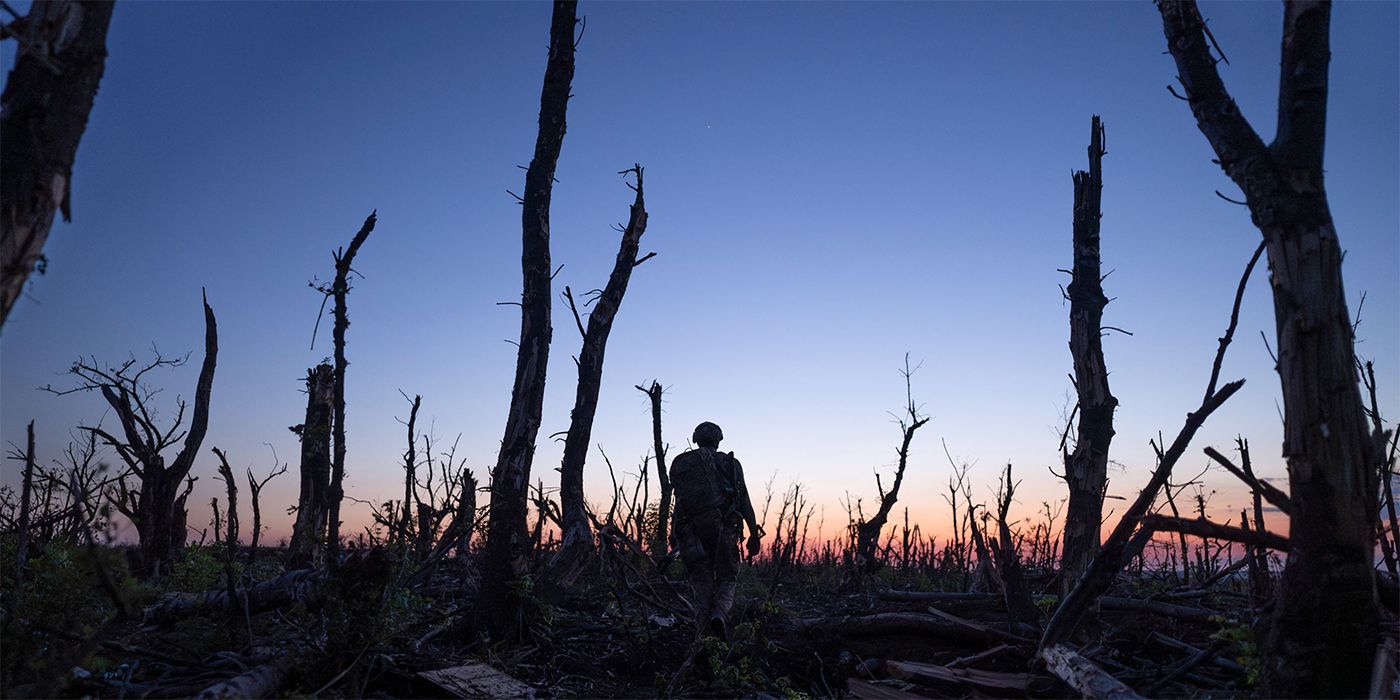
Image via the Sundance Institute
At the drop of the hat, the lives of these men have completely changed.
So I came to fight, not to serve.
They are two different things."
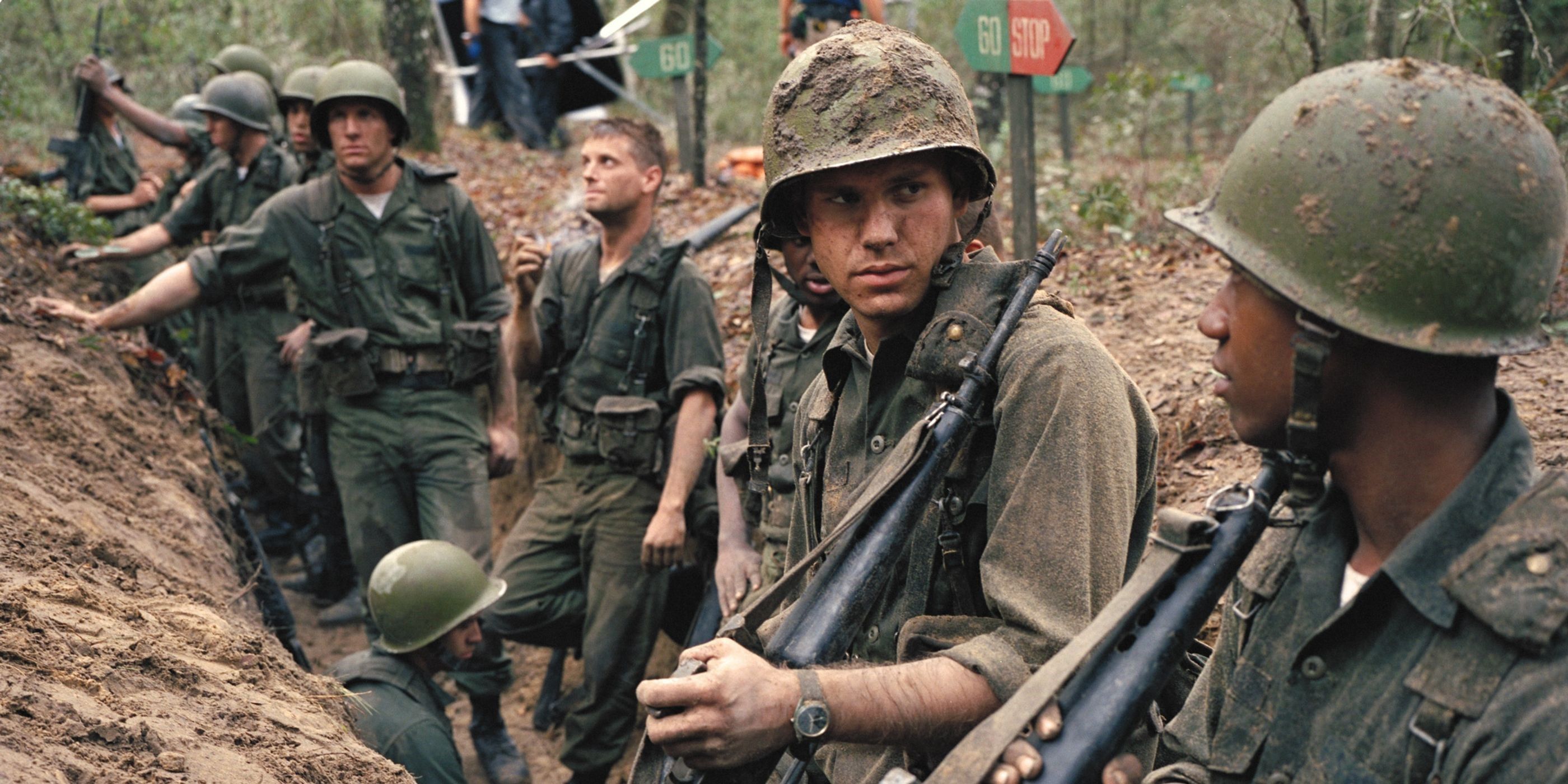
Image Via PBS Distribution
Throughout the film, we meet multiple soldiers who volunteered to join the war.
These great war pictures deserve more attention.
Good-naturedly, they talk about their life after the war.
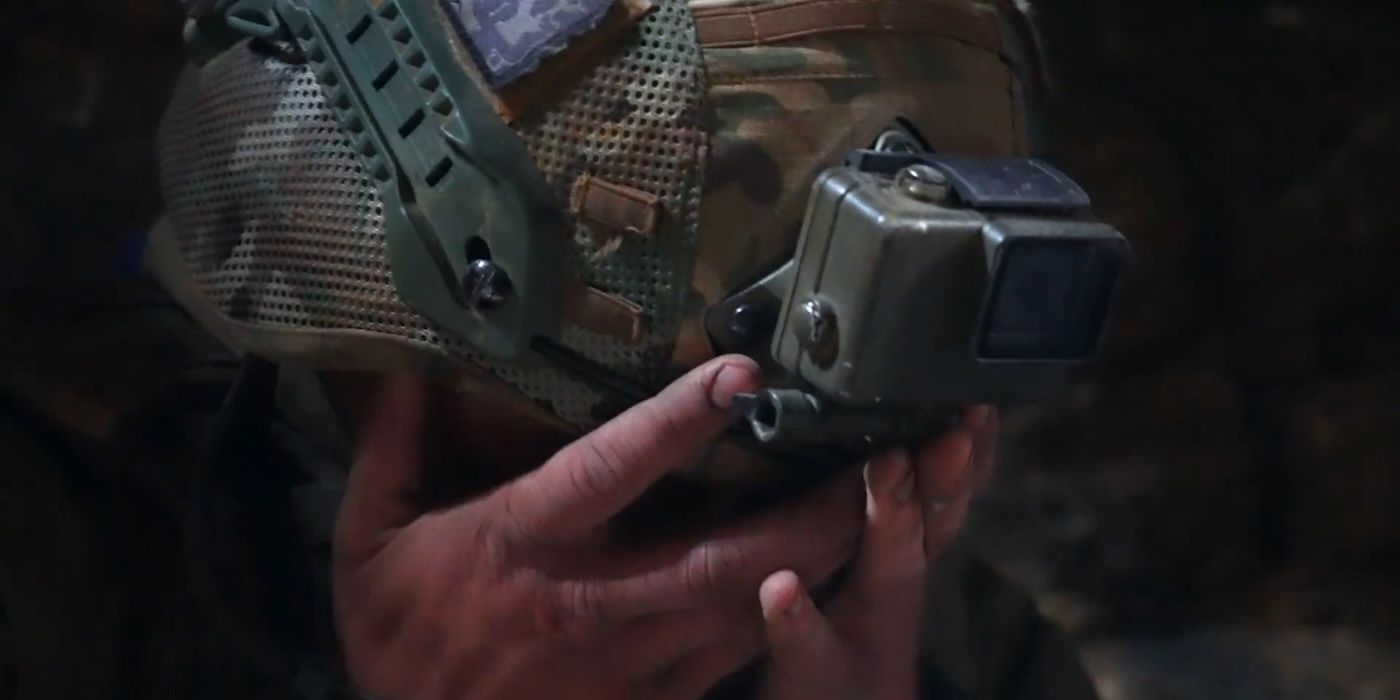
Image Via PBS Distribution
Another talks about his university life, finding out that Chernov’s alma mater is a rival to his.
Each time, I found myself charmed by these soldiers who candidly talked about their personal lives.
The success of2000 Meters to Andriivkalies in this format that Chernov presents to us.
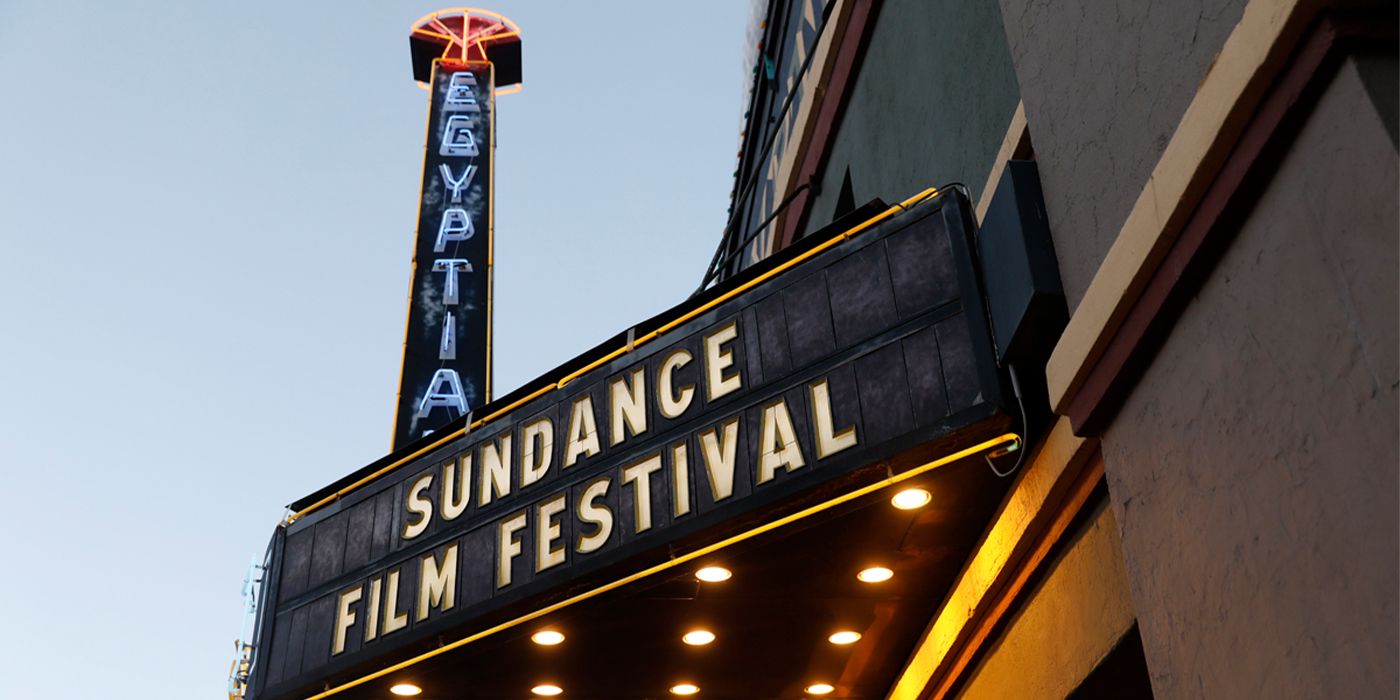
Image by Jovelle Tamayo via Sundance Institute
They are placed at the center of each chapter of the film,becoming our de facto protagonists.
One of the toughest parts of the film to watch comes near the beginning.
Here, we are not with Chernov but with a group of soldiers.
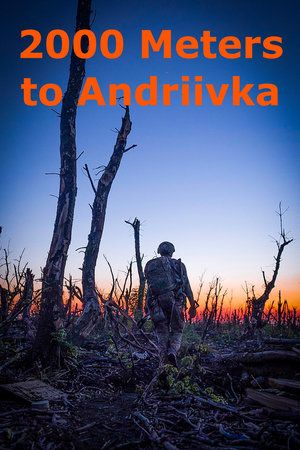
The entire battle is chaos and death.
For these men, this war is deeply personal.
They default to calling Russian troops “motherfuckers” and “cocksuckers.”

We watch as men take countless injuries.
The land is littered with bodies as we pass through the forest leading up to Andriivka.
Much like20 Days in Mariupol, I often felt hopeless while watching this film.
Even small victories ultimately feel like the cost is too high.
The odds feel insurmountable.
Is victory even possible for Ukraine?
It honestly doesn’t feel like it at some points.
Butthat doesn’t quash the hope the soldiers cling to while on the battlefield.
Every victory is still a victory.
2000 Meters to Andriivkapremiered at this year’s Sundance Film Festival.